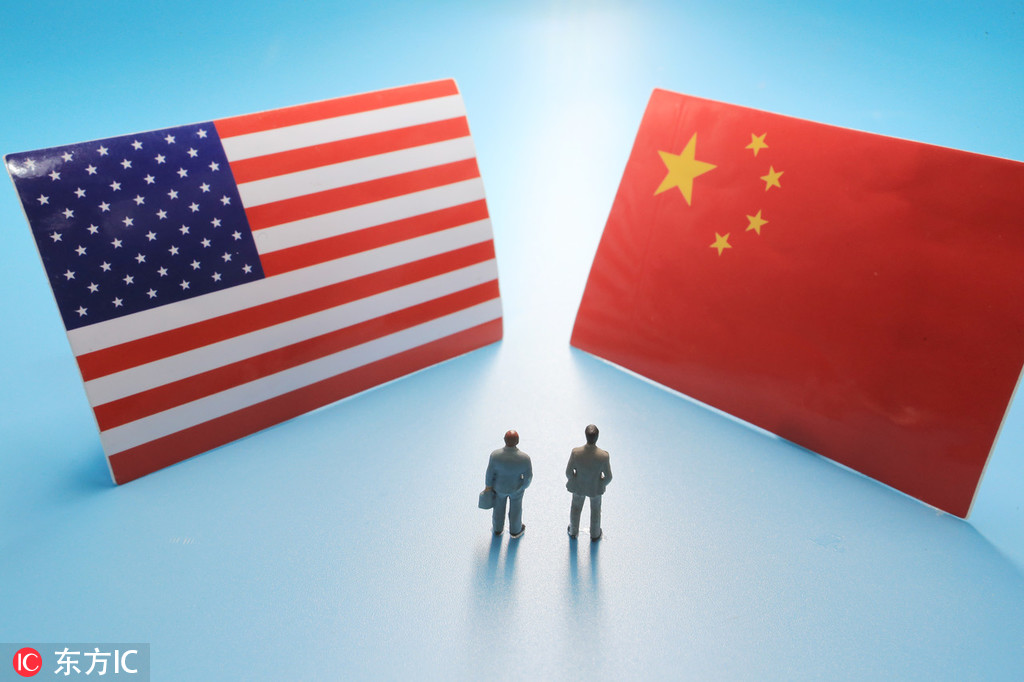Experts say China, US have plenty to gain from closer cooperation


BEIJING - The call for decoupling Chinese and US economies is detrimental to both sides and the two countries should go back to the negotiating table and resolve disputes on the basis of cooperation and mutual trust, experts said.
It is hard to imagine that there are assertions about the decoupling of China and the United States, former US Secretary of Commerce Carlos Gutierrez said in a speech during a special session of the China Development Forum held in Beijing on Sept 6-7, adding that it is impossible and unrealistic for the two economies to separate.
Themed "Trade, Openness and Shared Prosperity," the session attracted about 200 government officials, scholars and business leaders to exchange views on a wide range of crucial issues which mainly focused on the ongoing China-US trade tensions.
Robert D. Hormats, former Under Secretary of US State Department, warned that touting the decoupling of the world's two largest economies will undermine not only China and the United States by putting the 40-year-old bilateral relations at stake, but also the global economy.
The biggest deficit of the United States with China is not deficit of trade but of mutual trust, Hormats said, emphasizing the importance of restoring trust to mitigate tensions and bring mutual benefits.
The so-called "decoupling" claims have stirred up anxieties in the US business community. Corporate leaders at the session expressed their fears of being trapped in the prolonged trade disputes.
Trade tensions cause havoc in our industry, said John Neuffer, President and CEO of Semiconductor Industry Association, noting that China is the biggest and fastest growing semiconductor market and the industry's supply chains run deeply through the country.
Neuffer underscored the importance of supporting free trade as the call for estranging China and the United States either economically or technologically will sever the supply chains and maim the semiconductor industry.
A consensus of speakers at the session is that although there are disputes and disagreements between China and the United States because of different cultures and systems, cooperation and mutual trust should not be precluded.
"Having had the opportunity to participate in the Sino-American relationship for forty years, I believe strongly that both countries have a duty to the peace of the world and the progress of the world to find means of cooperation to solve the important problems they have before them," Henry Kissinger, former US Secretary of State, said in a speech video prepared for the session.
Elizabeth Knup, Ford Foundation's China Representative, said both countries have a responsibility to help create a new global order that can deal with challenges they are facing, but the only way to achieve this goal is to embrace the principles of mutual respect, sincerity, honesty and diversity.
Recent data has showed that China continued to be an important market and a revenue growth driver for US companies.
Some 97 percent of the US companies reported increased profitability in China in 2019, unchanged from last year, and the highest level in a decade, according to an annual survey conducted by the US-China Business Council (USCBC), a group with 220 U.S. companies as its members.
"It's very important for these companies' worldwide competitiveness to be in China and to be successful there," USCBC President Craig Allen said, adding that profits generated in China support and create jobs in the United States.



































